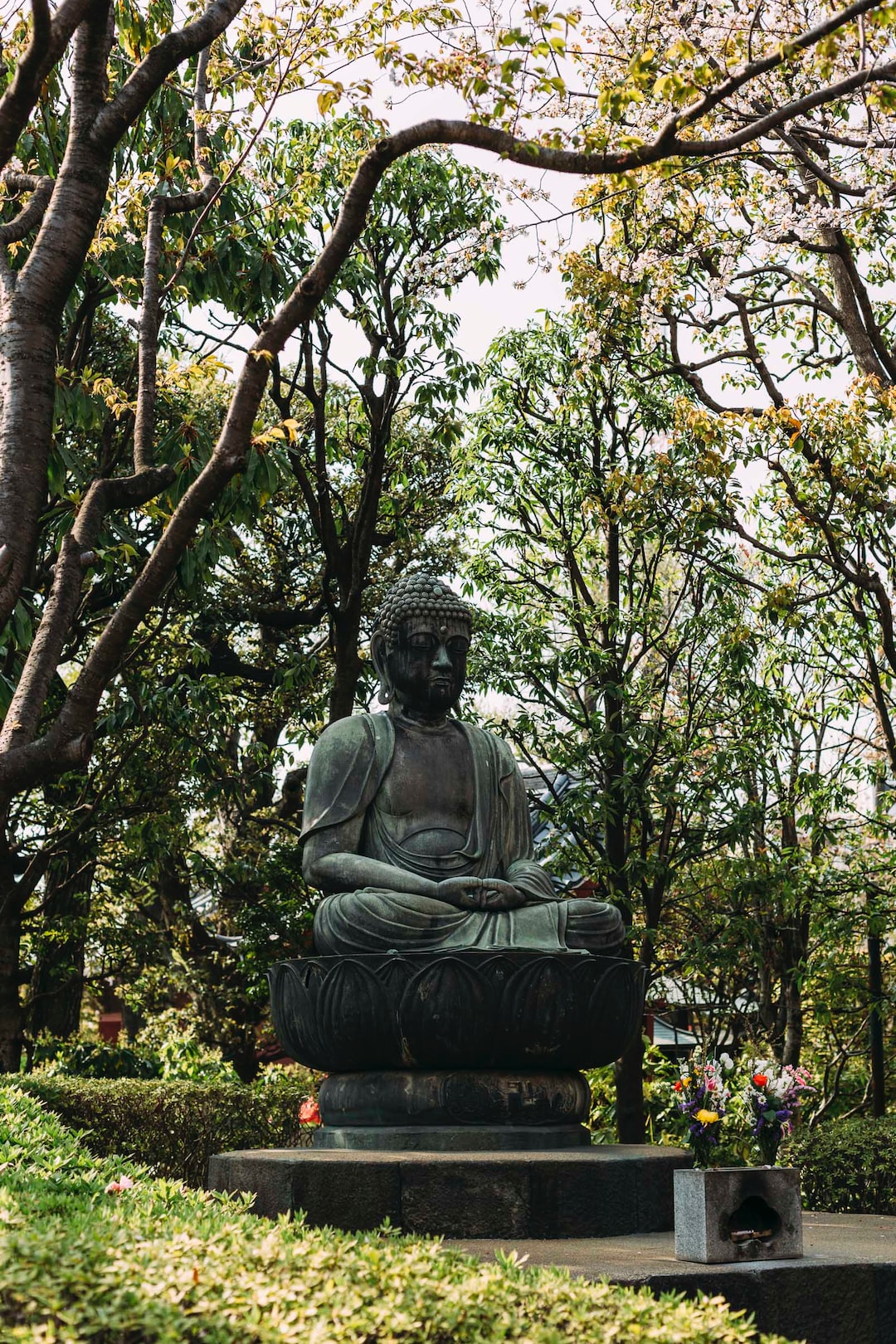Pilgrimages are an integral part of many religious traditions around the world. They hold great significance and play a crucial role in the spiritual lives of millions of people. Whether it is the Hajj to Mecca in Islam, the Kumbh Mela in Hinduism, or the Camino de Santiago in Christianity, pilgrimages provide a remarkable opportunity for believers to deepen their faith, seek spiritual growth, and connect with their religious heritage. These journeys are not merely physical; they are also deeply transformative, fostering self-reflection, unity, and a sense of purpose.
In Islam, the Hajj is the ultimate pilgrimage, an obligatory act of worship for every able-bodied Muslim who can afford it. It takes place in Mecca, Saudi Arabia, during the twelfth month of the Islamic lunar calendar. The Hajj commemorates the actions and sacrifices made by the Prophet Abraham and his family. Muslims from all corners of the globe gather to perform a series of rituals, which include circling the Kaaba, standing at Mount Arafat, and stoning the devil. They dress in the same white garment, called Ihram, to symbolize their equality before Allah.
The significance of the Hajj lies not only in its religious connotations but also in its power to foster a sense of unity among Muslims. The diversity of the pilgrims, all coming from different cultures, languages, and backgrounds, reflects the unity of the ummah, the global Muslim community. The Hajj teaches the virtues of patience, humility, and understanding, as pilgrims endure physical discomfort and challenges to fulfill their religious duties. It is a time of spiritual cleansing and renewal, and many Muslims come back from the Hajj with a stronger connection to their faith and a renewed commitment to leading a righteous life.
Similarly, in Hinduism, the Kumbh Mela is one of the largest and oldest religious gatherings in the world. It takes place every twelve years at four different locations in India, rotating among Allahabad, Haridwar, Nashik, and Ujjain. The Kumbh Mela brings together millions of Hindu devotees who come to bathe in the holy rivers at designated times, believing that it will cleanse their sins and grant them liberation from the cycle of birth and death. The festival is based on the ancient mythological story of a celestial battle between gods and demons over a pot of nectar.
The Kumbh Mela holds immense importance for Hindus, as it reinforces their beliefs in the power of spiritual purification and the cycle of life and death. It is not merely a pilgrimage; it is a celebration of faith and spirituality. The atmosphere is charged with devotion, as sadhus, saints, and ordinary devotees engage in prayer, meditation, and ritualistic practices. The Kumbh Mela is an occasion for seekers to meet spiritual masters, engage in philosophical discussions, and seek answers to their existential questions. For Hindus, the Kumbh Mela is a manifestation of divine grace and an opportunity for inner transformation.
In Christianity, pilgrimages have been an integral part of the religious tradition since the early days of the faith. The most famous pilgrimage route is the Camino de Santiago, also known as the Way of St. James, which leads to the Cathedral of Santiago de Compostela in Spain. The Camino holds great significance for Christians, as it is believed to be the resting place of the apostle St. James. Pilgrims walk, cycle, or ride on horseback for hundreds of kilometers, enduring physical challenges along the way. They seek spiritual solace, forgiveness, and a closer relationship with God.
The Camino de Santiago is imbued with symbolism and spiritual meaning. Pilgrims carry a scallop shell, a traditional symbol of the Camino, which represents the spiritual journey and the metaphorical shedding of one’s ego. The paths lead through stunning landscapes and historic towns, offering moments of solitude, reflection, and encounters with fellow pilgrims. The sense of community among pilgrims, regardless of their nationality or background, is profound and reflects the belief in the universality of faith. The Camino is seen as a transformative experience that can bring healing, self-discovery, and a deeper understanding of one’s purpose in life.
In conclusion, pilgrimages hold significant importance in various religious traditions across the globe. They are not merely physical journeys; they are powerful spiritual experiences that allow believers to connect with their faith, seek inner transformation, and join a wider community of like-minded individuals. Whether it is the Hajj in Islam, the Kumbh Mela in Hinduism, or the Camino de Santiago in Christianity, these pilgrimages have a profound impact on the lives of those who undertake them. They serve as reminders of the sacred and the eternal, nurturing the human craving for meaning, connection, and transcendence.

